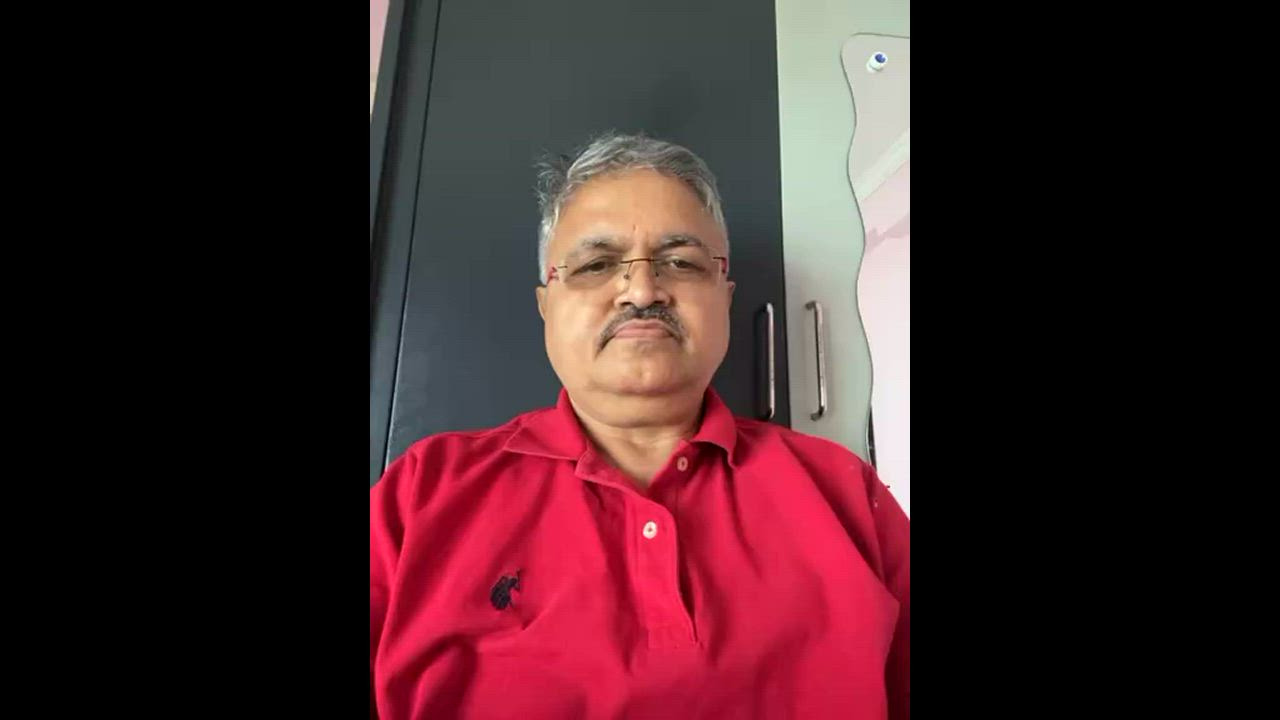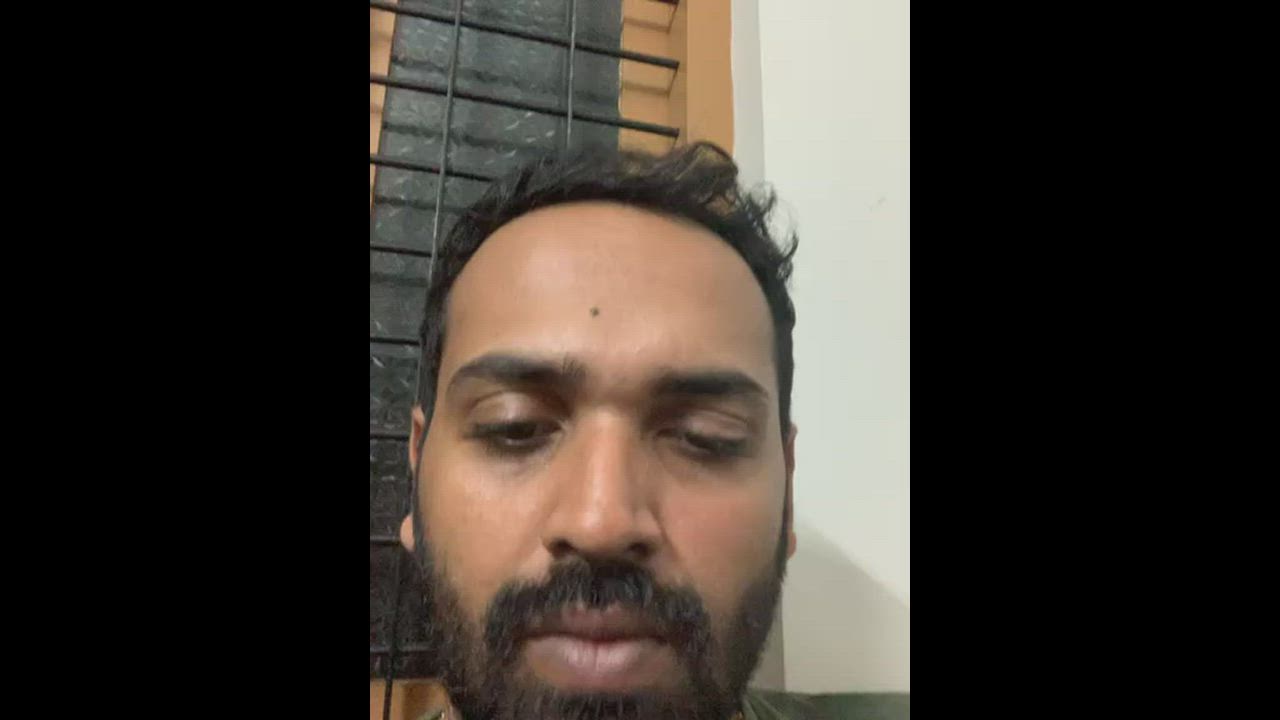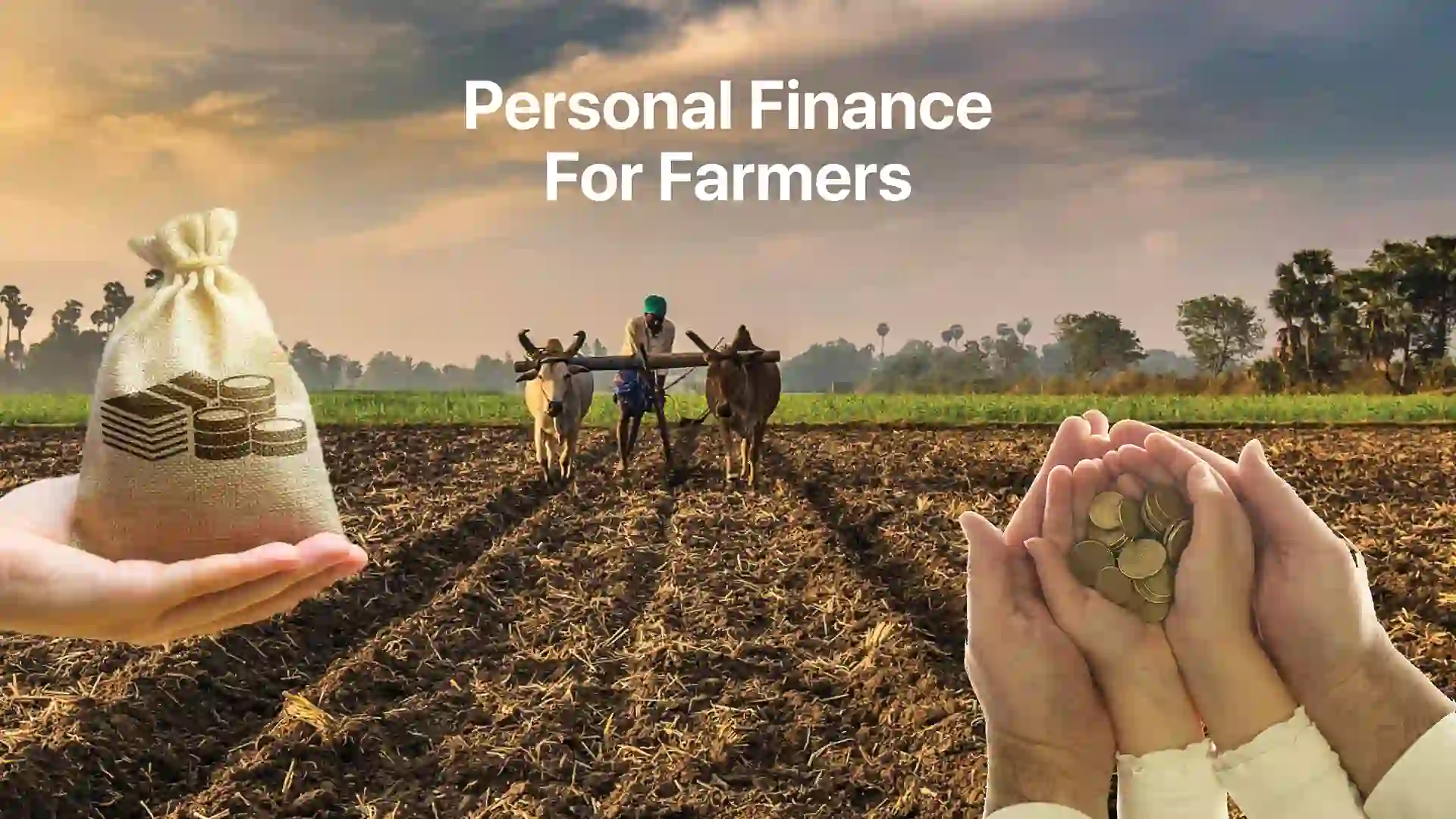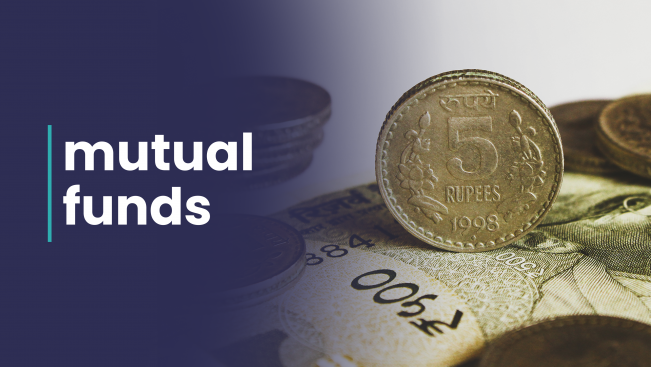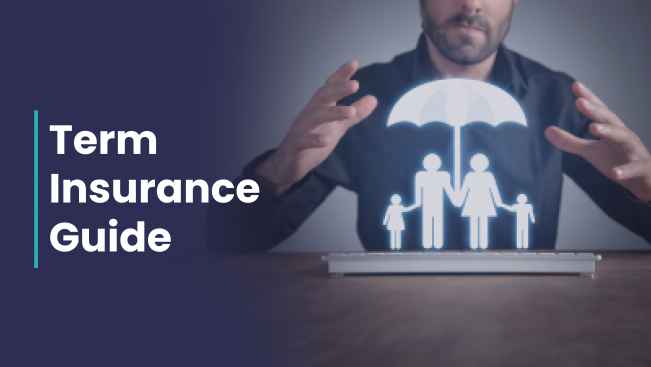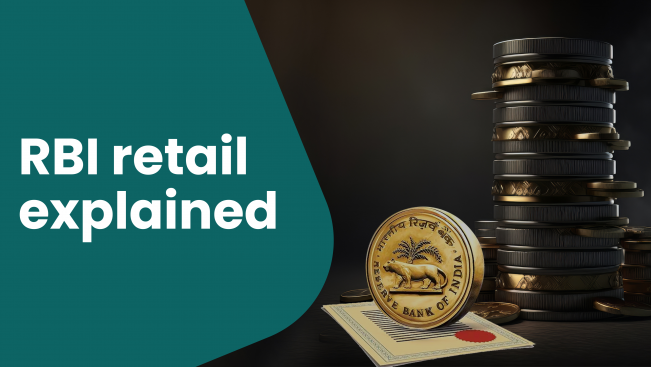Achieving financial ffreedom is essential for a secure and worry-free life. However, many individuals struggle with managing their finances despite their hard work and decent income. That's where the Financial Freedom Course comes in, providing practical and reliable strategies for attaining financial independence.
Based on client demand for a comprehensive and easy-to-follow program, our team of experts has developed course on what is financial freedom that covers all the essential aspects of personal finance. With 32 modules filled with actionable information, the course offers guidance on everything from budgeting and how to save money to investing and debt repayment. The lessons are presented in an engaging and interactive manner, making them accessible to everyone.
By taking this course, you'll gain a solid financial foundation, eliminate debt, and achieve financial independence how to reach financial freedom using the recommended strategies. The course will also teach you how to manage your money wisely and increase your wealth for a secure and comfortable future.
Enroll in the Financial Freedom Course today and start your journey towards financial independence. With our practical and trustworthy advice, you'll soon be on your way to achieving your financial goals. Watch our course video to learn more about how to get financial freedom and take the first step toward financial freedom.
Get an overview of the course and sets the stage for the concepts of financial freedom that will be covered in the following modules.
Learn the definition of financial freedom and its components, including the importance of passive income and reducing debt.
In this course, the instructor, C S Sudheer, shares his personal journey and experiences in achieving financial freedom.
The 7R theory consists of 7 principles that are crucial in achieving financial freedom.
Learn about the importance of valuing your time and how it affects your financial freedom.
Learn how to calculate the money value of your time using the example of Virat Kohli, a famous Indian cricketer.
The course will cover topics such as finding ways to increase income, creating passive income streams, and investing for growth.
This module will help you understand what their income should be in the future, based on their current financial situation and career path.
The course will help you understand the importance of saving and investing and provide strategies for controlling their spending.
The course will cover topics such as creating a budget, reducing unnecessary expenses, and finding ways to save money on everyday expenses.
Understand topics such as automating savings, creating a savings plan, and finding ways to reduce expenses in order to increase savings.
Learn a framework for saving more money starting from today.
The modules will cover topics such as setting financial goals, creating a plan for reaching those goals, and understanding the importance of saving for the future.
The modules will cover topics such as the different types of liabilities and the impact of liabilities on their financial freedom.
Learn a framework for borrowing money and avoiding debt traps.
Explore the factors that impact a credit score, tips for improving a credit score, and how to maintain a good credit score.
Learn how to calculate the value of human love and its impact on their financial future.
The course will cover topics such as different types of term insurance, the benefits of term insurance, and how to choose the right term insurance policy.
Learn topics such as different types of health insurance, the benefits of health insurance, and how to choose the right health insurance policy.
Learn about the importance of investing and why it is important to start investing early in life.
The course will cover topics such as stocks, bonds, real estate, and alternative investments.
Explore the types of investment plans, the benefits of investment planning, and the importance of having a well-diversified investment portfolio.
This course will cover topics such as increasing their income, reducing their expenses, and investing for growth.
This course will cover topics such as the benefits of mutual funds, different types of mutual funds, and how to choose the right mutual funds.
Discover the benefits of stocks, different types of stocks, and how to choose the right stocks for your portfolio.
In this part learn how to build a real estate portfolio
This course will cover topics such as different types of taxes, the impact of taxes on their financial future, and how to minimize their tax liability.
Have an in-depth comparison between traditional financial practices and modern financial strategies.
Know the concept of estate planning, including the benefits of having a comprehensive plan in place for managing one's assets and legacy.
A guide for writing a will, including the legal requirements, crucial elements, and considerations for ensuring that one's wishes are carried out after death.
Allowing students to review and reinforce their understanding of the concepts presented.
This course will explore the connection between mindfulness and financial prosperity, providing techniques and practices for cultivating a positive mindset.

- Individuals of all ages, from young adults just starting their careers to retirees looking to manage their finances
- Those who feel overwhelmed by their financial situation or lack the knowledge or resources to manage their money
- Individuals from all income levels and backgrounds, as the principles of personal finance, apply to everyone
- Those who want to get rid of debt and create a strong financial foundation
- Those who want to learn how to invest their money wisely and build wealth over the long term



- Understanding of personal finance concepts, such as budgeting, saving, investing, and managing debt
- Knowledge of different investment options, such as stocks, bonds, mutual funds, and real estate
- Techniques for creating a balanced and diversified investment portfolio
- Strategies for reducing expenses and increasing income
- The impact of taxes on personal finances and tax planning strategies to reduce tax liabilities
Once you purchase a course, it is with you forever on the ffreedom app. You can learn and revisit the chapters any number of times.
You can view the course videos at your convenience by downloading the entire course content on your mobile. Learn at your pace and from anywhere.
Get certified on completing a course. Each course will earn you a certificate that will help you display your newly gained skills.




Get certified on completing a course. Each course will earn you a certificate that will help you display your newly gained skills.
Buy this course for ₹999 and get lifetime validity for it on the ffreedom app
Other courses on ffreedom app you might be interested in...





